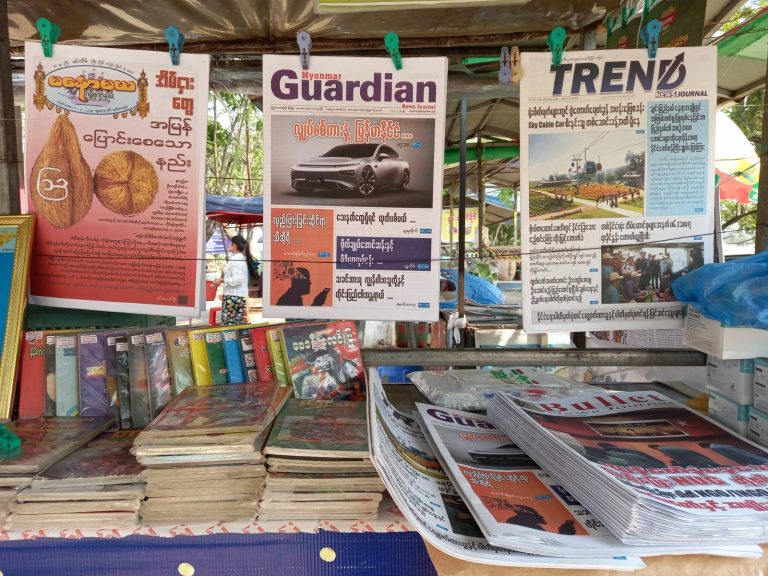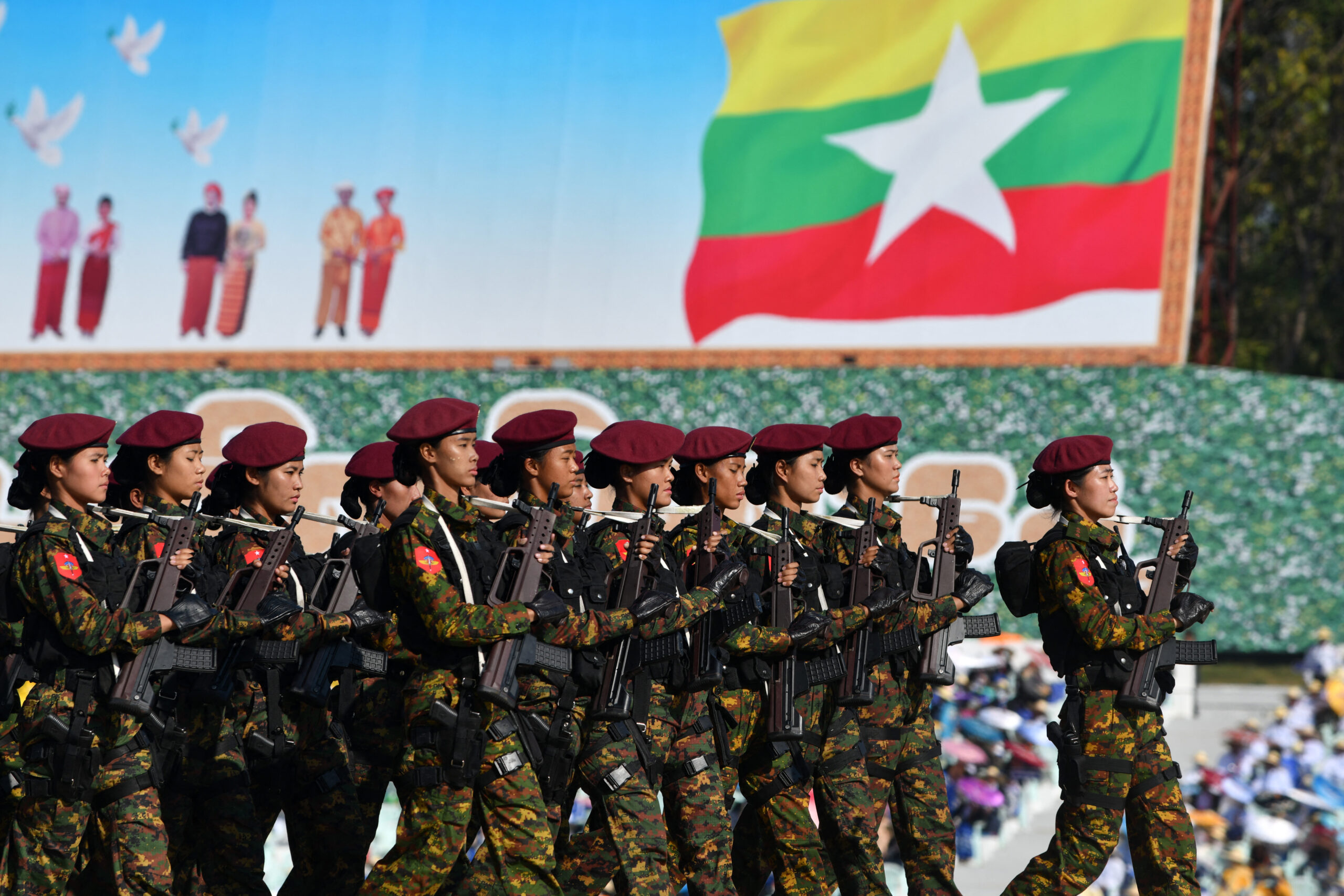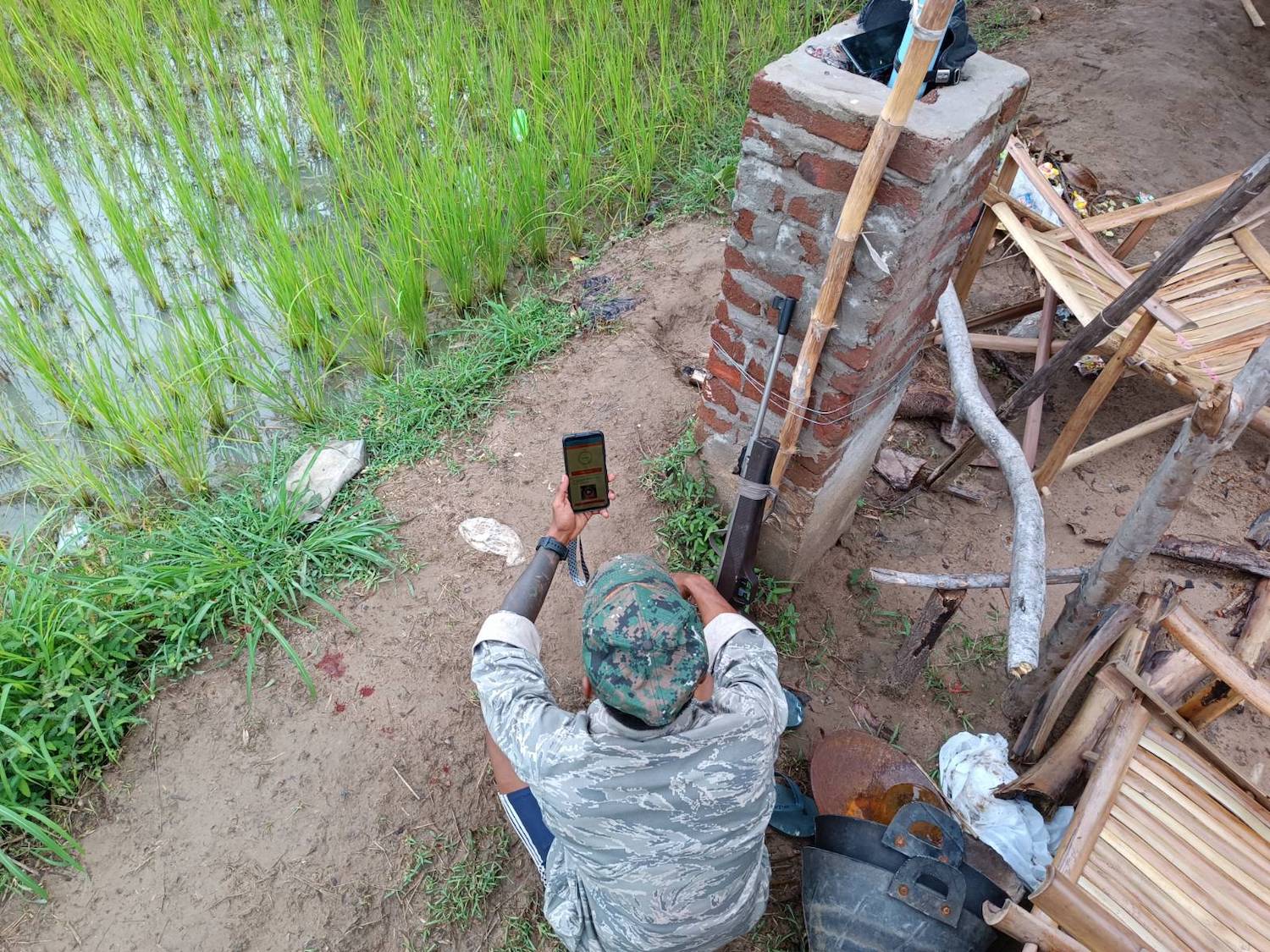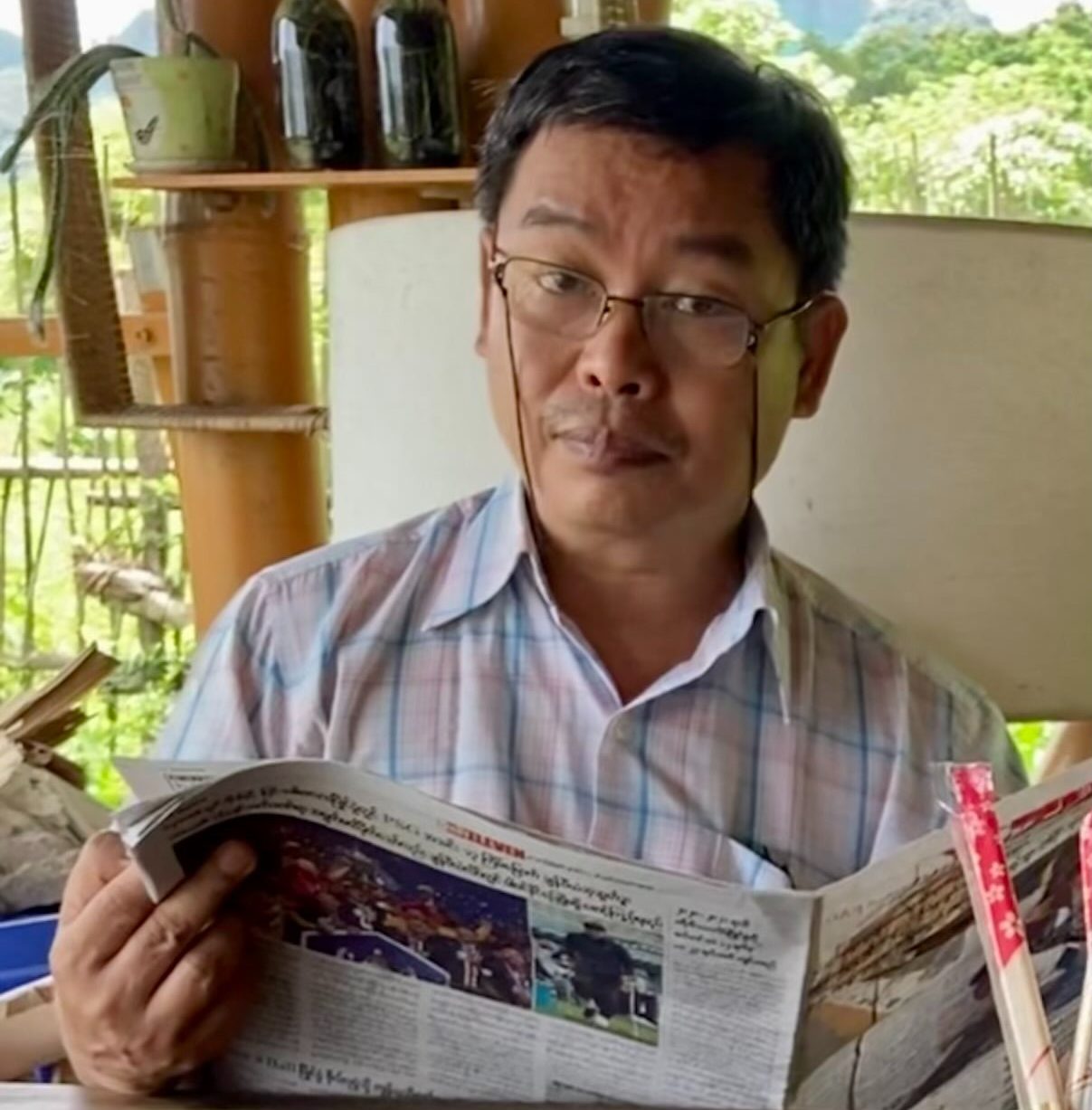THE MEDIA is often accused of naval-gazing; of thinking and talking about itself too much. This is fair. We agree. But please, allow us to indulge – after all, it’s our birthday.
That’s right. The first issue of Frontier hit newsstands on July 1, 2015. Since then we’ve reviewed all of the big events in Myanmar’s political transition – from the election campaign to the handover of power – but also those of everyday struggles and challenges from far-off corners of the country.
In some ways, it is these stories that we believe are the most important – the ones that would otherwise have gone untold. This reportage, together with opinion and analysis that helps to explain what is happening and why, has enabled Frontier to build up a loyal following that only grows with each issue. We would like to take this opportunity to thanks each and every one of you for your continued support, and also invite you to give suggestions on changes or improvements you would like to see. Just send us an email with your ideas and comments.
One change you will notice in this edition is a special feature focused on banking and finance. These topic-based liftouts will be published regularly in future issues of Frontier, giving us the opportunity to explore a particular sector or idea in greater depth. In the coming weeks we’ll also be rolling out new features in the print edition of the magazine that aim to build on Frontier’s strengths. At the same time, we are moving forward online: We will soon launch a subscription e-publication for readers who don’t always have access to the print edition, particularly those living overseas.
Support more independent journalism like this. Sign up to be a Frontier member.
We need to evolve with the changing times. It isn’t easy to survive in the world of publishing, particularly as an independent print magazine. Each year, each batch of 52 editions, is an achievement. Publications the world over are grappling with similar issues.
But it is true too that Myanmar we operate in a special environment, one with its own particular challenges. In recent weeks we have seen further reminders that these challenges are not going away any time soon, despite the change of government.
The state media apparatus remains virtually unchanged. There are no dissenting voices. In broadcasting, there are no new players. The state newspapers continue to undermine the viability of independent media. They still churn out pieces favourable to the government, with little room for dissenting views. The government has also so far shown little appetite for genuine transparency or accountability, despite its campaign promises to these ends. Its attitude toward the private media is often outright hostile.
It has also taken few solid steps so far to dismantle the legal apparatus that enables free speech to be suppressed by those in power. The State Secrets Act. The Telecommunications Act. The Electronic Transactions Act. The Unlawful Associations Act. Numerous sections in the Penal Code, including criminal defamation. And on it goes.
And all the while the military is keeping private and social media in its crosshairs. Its first response to a displeasing article or Facebook post is to file a criminal complaint, rather than embark on formal mediation. There are sound reasons for this. First, the judicial system is not independent – the military-controlled Ministry of Home Affairs exerts significant influence over verdicts. Guilty verdicts are a foregone conclusion. Second, such a strong response plants fear and doubt in the minds of journalists, encouraging timidity and self-censorship. This is arguably the greatest threat to freedom of expression in Myanmar.
Yes, we as media enterprises also need to make sure our respective houses are in order. Journalism is still a business, and publishers need to work harder to establish viable economic models for their ventures. At the same time, journalistic standards need to improve, through both training and adherence to codes of conduct. On both fronts, the industry is making incremental but steady progress.
The government clearly has a lot on its plate. Reform will take time, and there is much to clean up from the previous administration, particularly on the economic front. But it needs to send a signal of intent beyond its election manifesto and the occasional public statement that it believes freedom of expression and a vibrant, independent media is important – indeed, essential – for Myanmar’s democratic future.
This editorial originally appeared in Frontier Vol. 2 No. 2, published on July 7.







